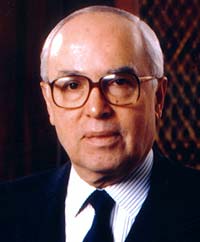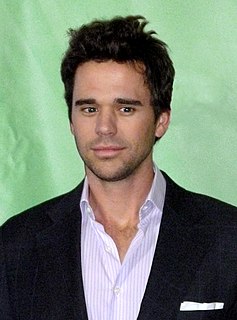A Quote by Tom Junod
We live in a time of short attention spans and long stories. The short attention spans are seen as inevitable, the consequence of living our lives in thrall to flickering streams of information. The long stories are the surprise, as is the persistence of the audience for them.
Related Quotes
Our society does reward beauty on the outside over health on the inside. Women must not be blamed for choosing short-term beauty "fixes" that harm our long-term health, since our life spans are inverted under the beauty myth, and there is no great social or economic incentive for women to live a long time.
































